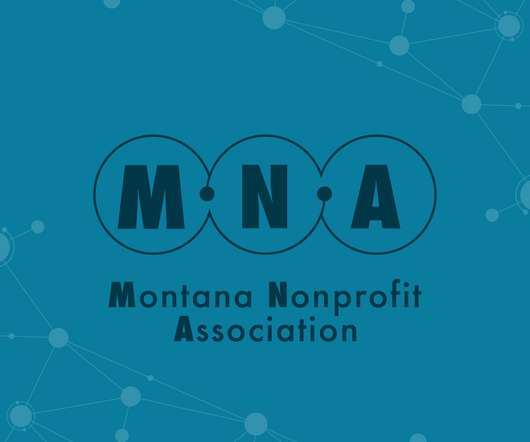How Nonprofits Can Navigate Political Engagement and Maintain Public Trust
NonProfit Quarterly
NOVEMBER 12, 2024
Establish and affiliate with a 501c4 organization that, under federal tax law, is not subject to a public charity’s lobbying limits and can engage in political campaign intervention so long as it is not its primary activity. See Regan v.














Let's personalize your content